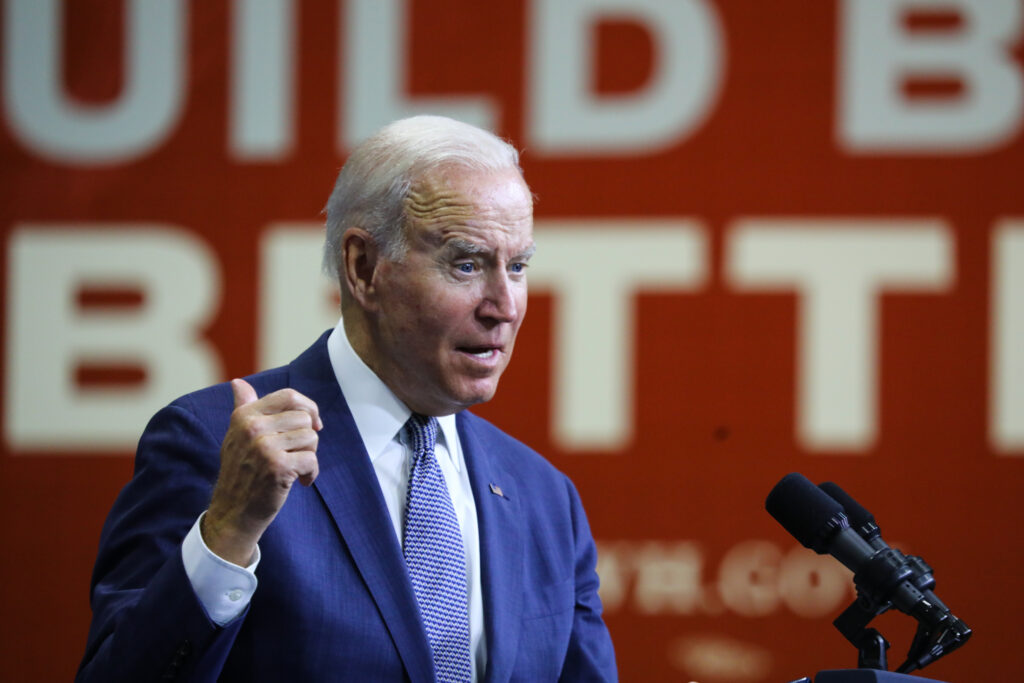Though outspent by a huge margin and opposed by powerful interests throughout the state, opponents of a motor fuel tax hike in Oklahoma sent the proposal to the largest referendum defeat in state history.
Eighty-seven percent of voters on September 13 opposed State Question 723, which would have raised gasoline taxes an estimated $344 million over the next few years.
This has been a good year for Oklahoma taxpayers. This summer, lawmakers passed a $150 million tax cut, the largest in state history. (See “Okies Enjoy Largest Tax Cut in State History,” Budget & Tax News, August 2005.)
Interest Groups Pushed Tax
Special-interest groups had long tried and failed to push a gas tax hike through the state legislature. Efforts to persuade lawmakers to pass a resolution to put a tax hike proposal on the ballot failed as well. As a result, a coalition of highway contractors and other interest groups calling themselves “Oklahomans for Safe Bridges and Roads” collected signatures for SQ-723, which sought to raise the tax on gasoline by 5 cents per gallon over three years, and the tax on diesel fuel by 8 cents per gallon over four years.
While most state legislators decided to stay on the sidelines, because the issue had been put directly before the voters, State Rep. Thad Balkman (R-Norman) decided he would help lead the fight against the tax increase.
“I believe that our tax burden is already too high … and I believe that one of my responsibilities as a legislator is to stand up for what I believe in,” Balkman said. “And when my constituents were faced with this tax increase, I felt compelled to take a leading role and use the power of the office–if, you will, the bully pulpit–to fight this tax increase.”
Lawmaker Unites Opposition
Balkman was among the founders of “Oklahoma Taxpayers United,” which campaigned against the proposed tax hike. The deck appeared to be stacked against Balkman and his group.
“The pro-tax group had been organized for a couple of years, they had a campaign team, they had the power of the press on their side, they had a 25 to 1 money advantage,” Balkman said.
Brandon Dutcher, vice president for policy of the Oklahoma Council of Public Affairs, observed, “[The major roadblocks were] the usual ones that taxpaying Davids face when they go up against Goliath. Those wanting to raise taxes had a lot of advantages. For example, the state’s two largest newspapers promoted the tax hike. The State Chamber [of Commerce] and many of the city chambers supported it. Some teachers and members of the education establishment came out for it and did telephone calls for it. The pro-tax campaign raised $2 million. The anti-tax guys raised around $150,000.”
Nonetheless, Oklahoma Taxpayers United was able to mobilize taxpayers against the hike. Skyrocketing gasoline prices helped the anti-tax cause, but Dutcher believes more than that motivated voters to take to the polls to oppose the measure.
Think Taxes Too High
“I think it was Oklahomans’ inherent fiscal conservatism, coupled with the high price of gasoline,” Dutcher said. “Every reputable pollster in Oklahoma, whether on the left or the right, will tell you that Oklahomans think taxes are too high and that state government wastes too much money.”
During the campaign, proponents of the fuel tax hike claimed the additional taxpayer dollars were needed to fix Oklahoma’s bridges and roads, saying people had been killed as a result of the deterioration of roads and bridges.
While opponents of the fuel tax hike generally shared the concerns about Oklahoma’s road maintenance programs, they pointed out the legislature had already addressed the need to repair roads and bridges.
Road Funding Had Doubled
“They attempted to frame this state question as a safety issue,” Balkman said. “One of the pro-tax group’s themes was, ‘It’s the legislature’s fault–they haven’t done anything.’ And we were able to take this argument away from them, because in the 2005 session we did provide significant–in fact, historic–funding for roads and bridges. The legislation we passed will actually double the Department of Transportation’s road maintenance budget.”
Balkman added, “The reason we won, I think, is that we successfully coined the debate as a tax increase and reminded voters this was not a safety issue. This was about taxes.”
Dutcher said he is somewhat confident the Oklahoma legislature has received the message.
“I think, or at least I hope, it sent the message to legislators that they need to do their job, which is to prioritize,” Dutcher said. “They need to spend money on roads and bridges and stop wasting it on rooster shows, $475-per-night hotel rooms for Career Tech bureaucrats, $100 car washes for state employees, and all the other silliness that goes on in state government.”
Sandra Fabry ([email protected]) is state government affairs manager for Americans for Tax Reform.



